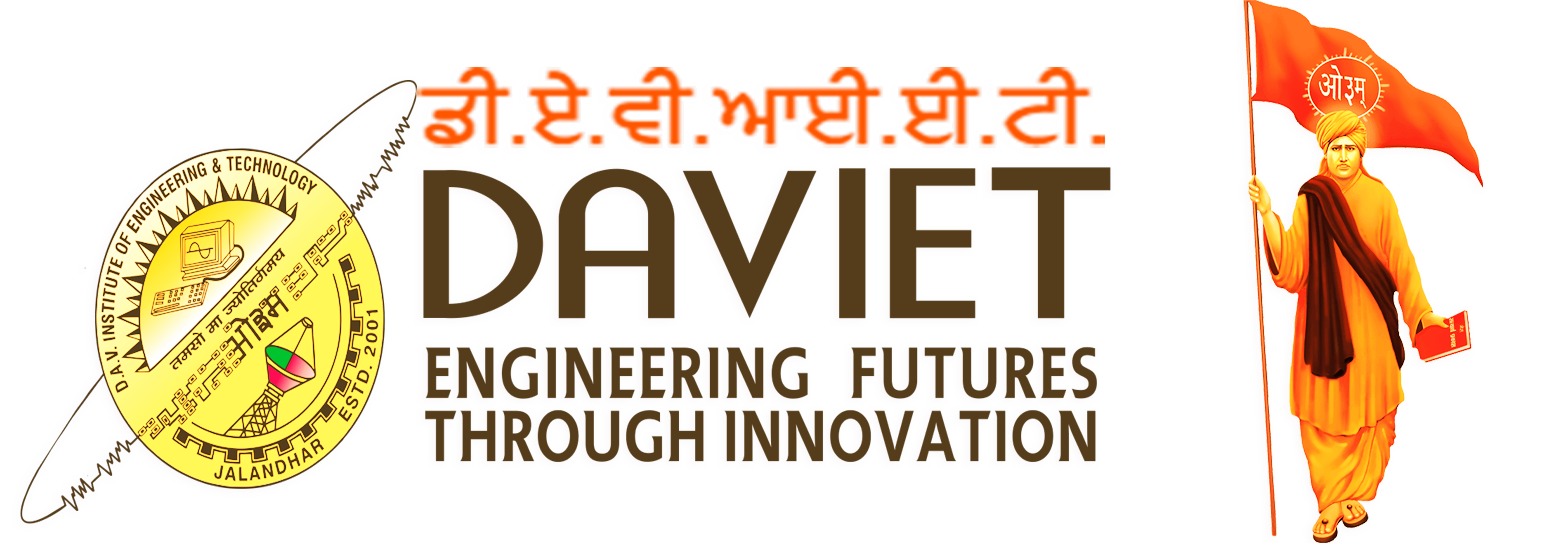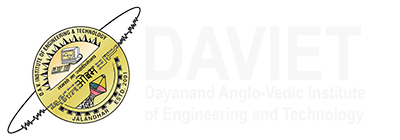M1. To provide conducive learning environment for maximal knowledge transfer.
M2. To impart industry oriented training to the students in emerging domains.
M3. To provide platform for versatile development of students
PEO1. Graduates of the programme will have skillful career in the domain of Electronics and Communication Engineering and Information Technology.
PEO2. Graduates of the programme will have attitude of lifelong learning and adaptability towards new technology.
PEO3. The socially responsible graduates will possess leadership and managerial skills.
PSO1. Ability to design and solve problems in the field of Electronics & Communication Engineering by applying the knowledge acquired from Analog Devices and Circuits, DCLD, VLSI, Embedded systems, Analog& Digital communication and other allied subjects.
PSO2. Provide with quality technical education & professional skills for preparing students effectively for solving real time industrial needs and higher studies.
PO1. Apply the knowledge of Mathematics, Science and Engineering fundamentals to solve complex problems related to Electronics, Communication Engineering and Information Technology.
PO2. Identify, formulate & review research literature and analyze complex Electronics, Communication Engineering and Information Technology problems.
PO3. Design solutions for complex Electronics, Communication Engineering and Information Technology problems and design system components or processes that meet the specified needs with appropriate consideration for public health and safety and cultural and social considerations.
PO4. Design and conduct experiments, as well as to analyze and interpret data.
PO5. Apply appropriate techniques, resources and modern engineering & IT tools for computing practice.
PO6. Analyze the local and global impact of computing on individuals, organizations and society.
PO7. Knowledge of contemporary issues to understand the impact of engineering solutions in a global, economic, environmental, and societal context.
PO8. An understanding of professional, ethical, legal, security and social issues and responsibilities.
PO9. An ability to function effectively individually and on teams, including diverse and multidisciplinary, to accomplish a common goal.
PO10. An ability to communicate effectively with engineering community and society at large.
PO11. An understanding of engineering and management principles and apply these to one’s own work, as a member and leader in a team, to manage projects.
PO12. Recognize of the need for and an ability to engage in continuing professional development.
ECE SIDE MENU
- Faculty Profile
- MOUs and COE
- Outcome Based Education
- Lab Facility
- Student Consortium & Club Activities
- Research Activities
- Academic Performance
- Career Path for Students
- Placements & Higher Studies
- Value Addition Programmes
- M.Tech Guidelines
- Events
- Academic Calendar
- Employer Survey Form
- Alumni Feedback Form
- Distinguished Alumni
- Curriculum
- Course Outcomes
- Time-Table
- Visit Our Facebook

- Video Lectures


